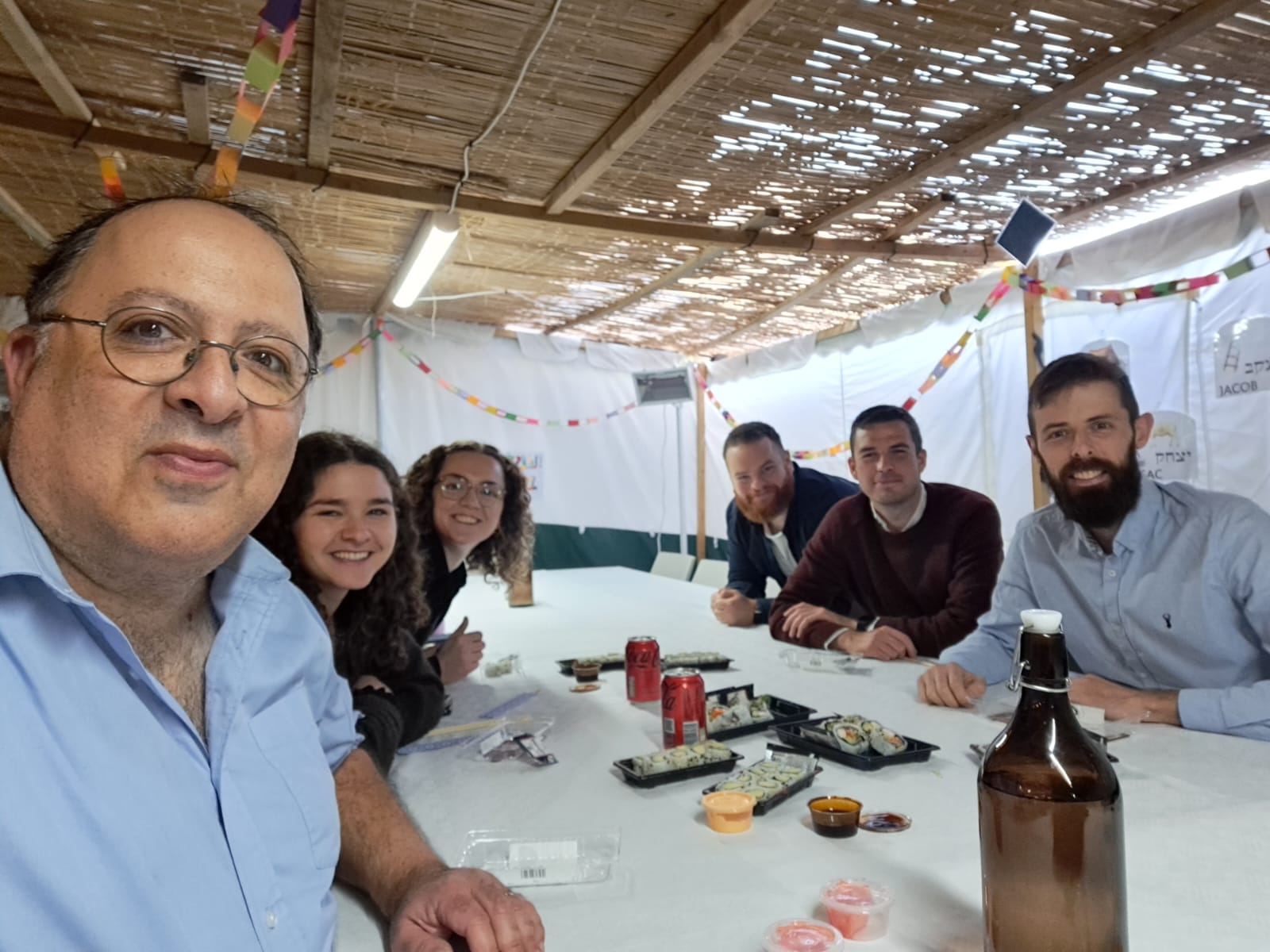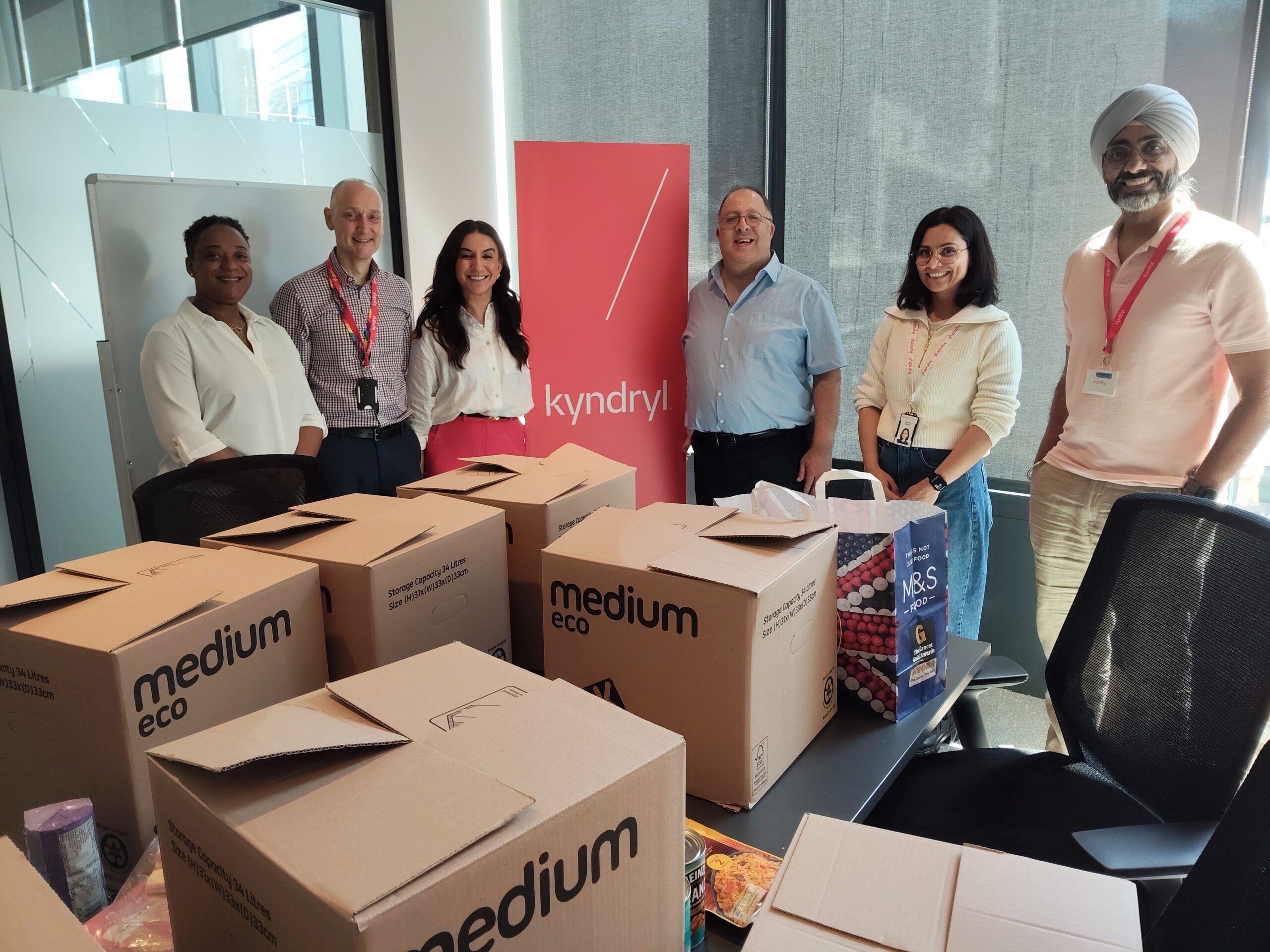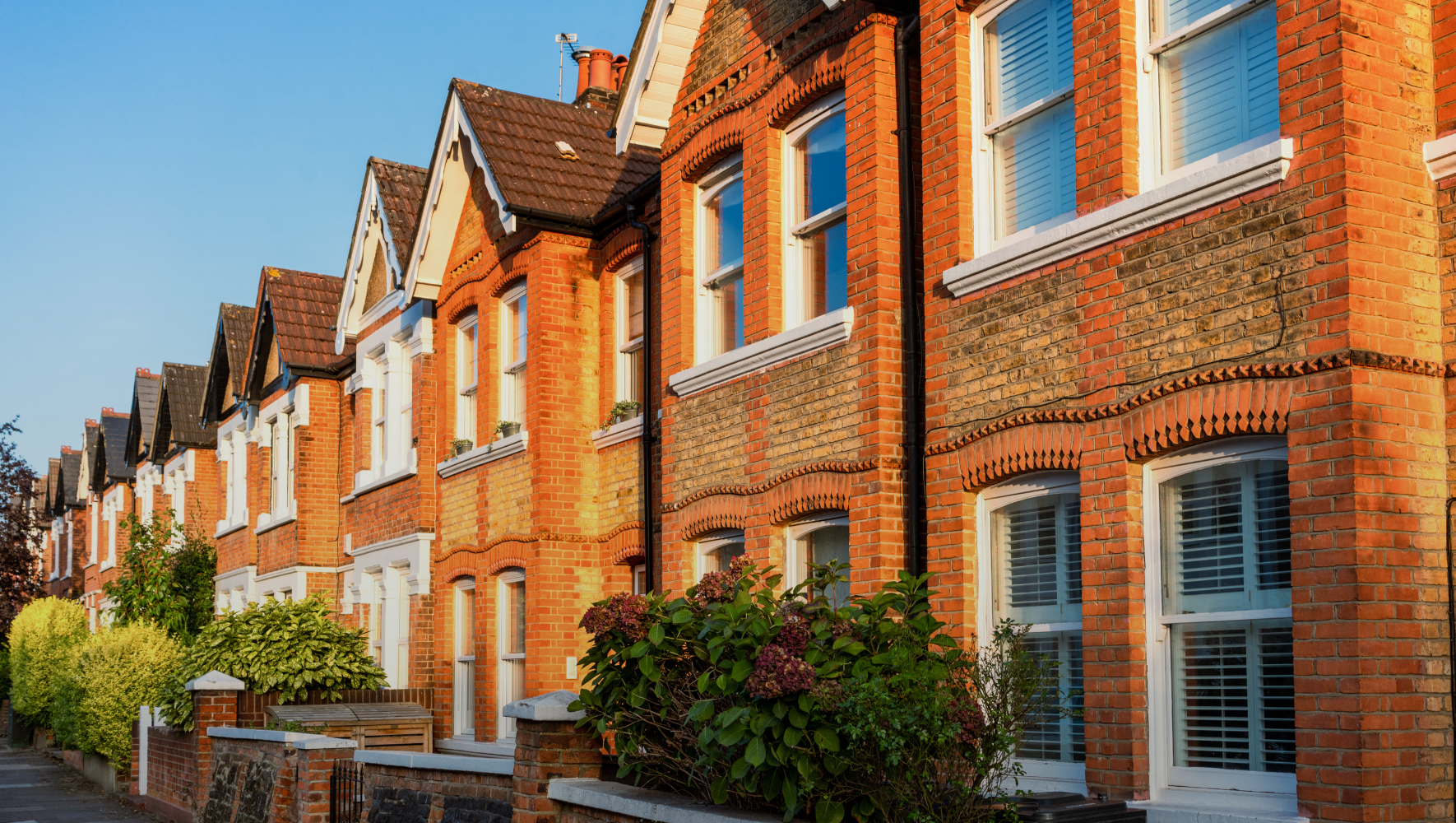
Jewish people across the world will soon be sitting each in their Succah, their temporary booth, for 8 days. It is a time of joy and a time of togetherness. The festival symbolises the journey of the Children of Israel in the desert after they had escaped Egypt and received the Torah at Mount Sinai.
In the Talmud, there is a discussion as to what a Succah represents. When we build this temporary shelter, what are we remembering? One Rabbi suggests that we are remembering the actual huts built by the Children of Israel for shelter while they were on their migration journey. But another Rabbi suggests that the Succah represents the protective cloud above the Children of Israel placed there by God to protect the people. So, for this second opinion, the ‘schach’ or the foliage used to place atop the Succah, is meant to trigger our imagination to think about the ancient ‘cloud of glory’.
After 20 years as a communal Rabbi, I am now taking my passion for social justice into being Executive Director of a Jewish organisation supporting a better life for refugees, called HIAS+JCORE. JCORE is the Jewish Council for Racial Equality; and HIAS the US based Hebrew Immigrant Aid Society. One of our main goals is to shine a Jewish light on the situation for refugees, and bring Jewish values of compassion and responsibility into this area. I think Succot, as a festival of migration, is a vital time of year to create a positive narrative around those leaving their home country.
But even more, the difference of opinion I referred to above teaches us an important lesson. Succah was about two things. It was about believing in God’s support. That is symbolised through the reference to God’s protective cloud of glory. But it was also about the human ability to build, create and care. In fact, the Succah booths that we build are not meant to be closed – in fact even if they have 2 walls, and part of the third, they are still considered acceptable for use. The Succah has to be open, so we don’t exclude others from it.
So Succot is a vision of a society that is boundaried, but not fully. A society where people are not ‘left to God’s will’ but are supported in the world below and ensured that their needs for shelter, nourishment and education, among others, are met.
This article originally featured in the Council of Christian and Jews’ blog.


